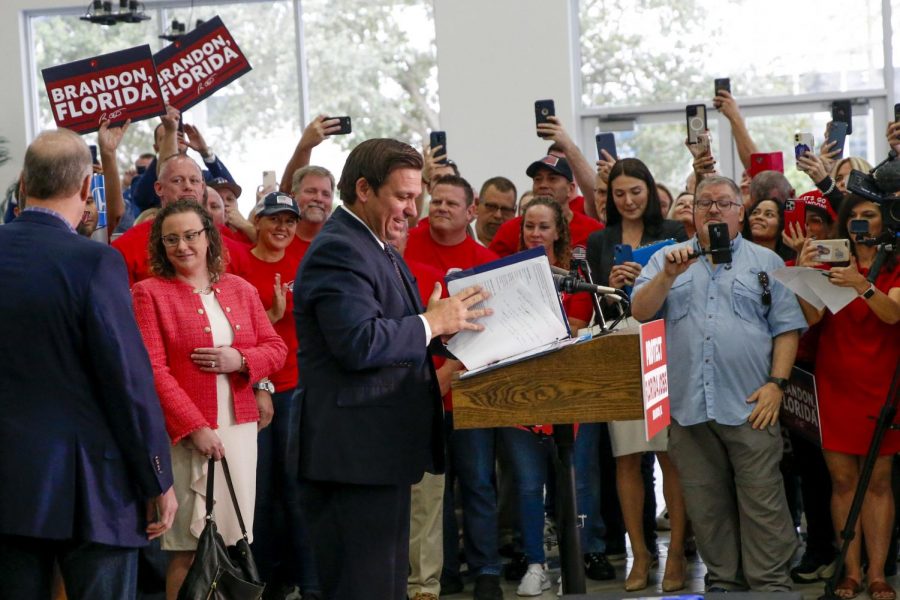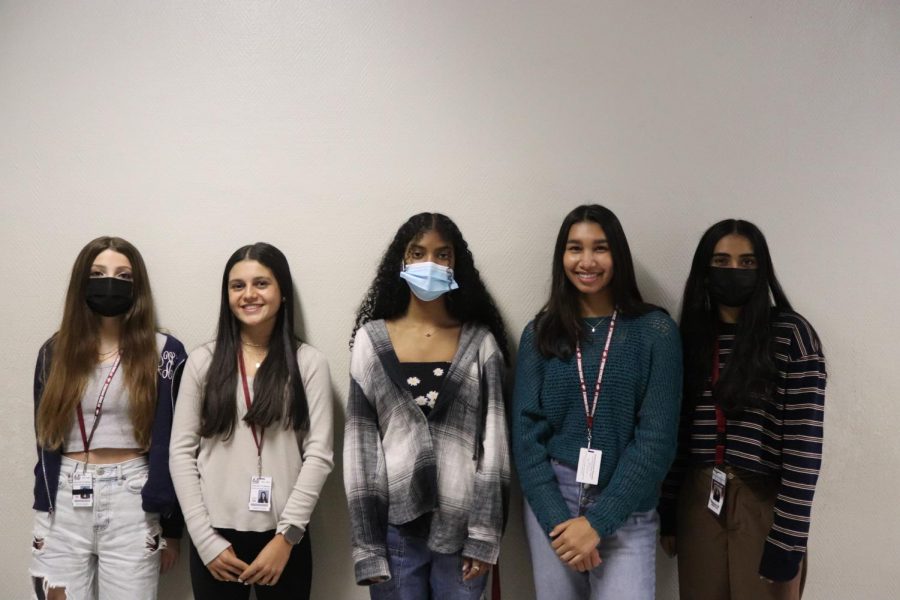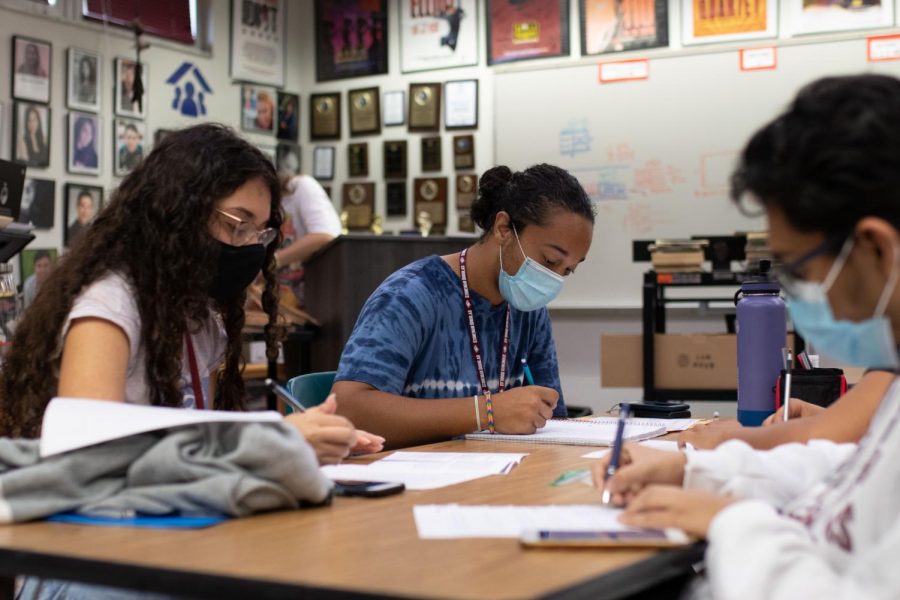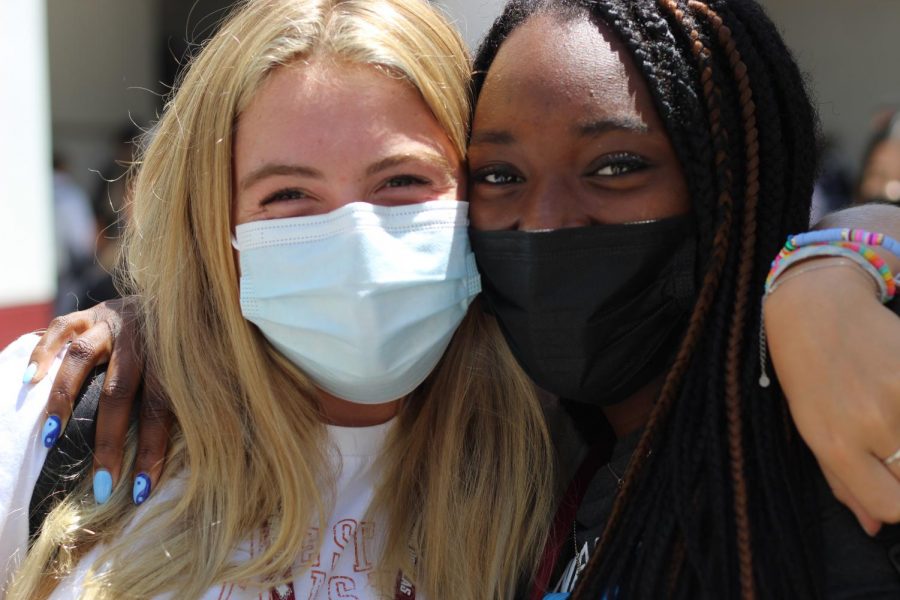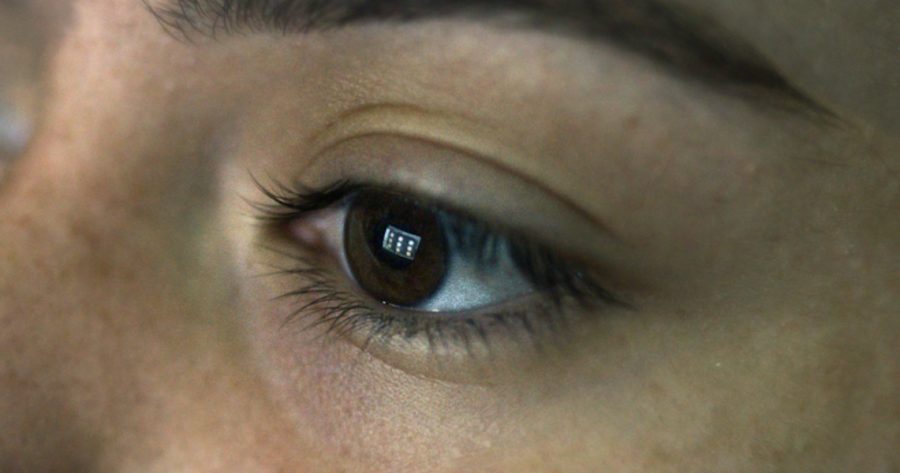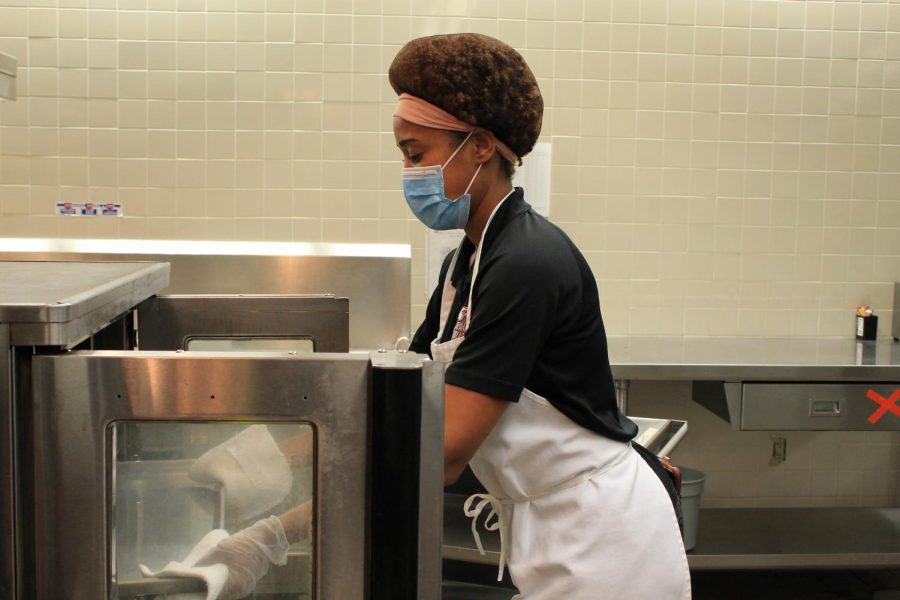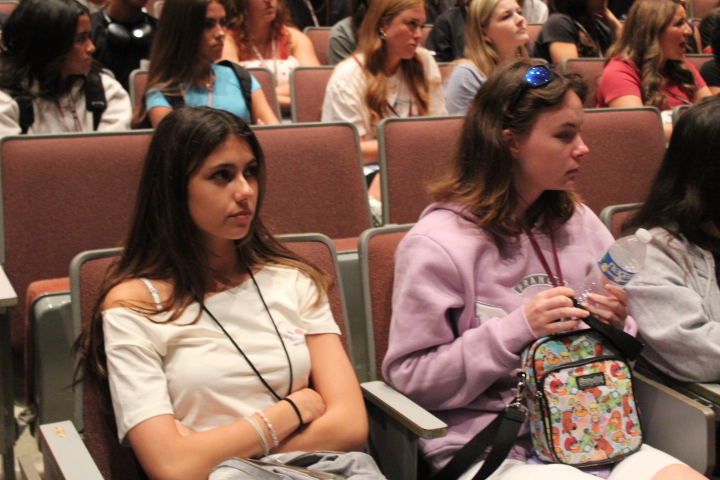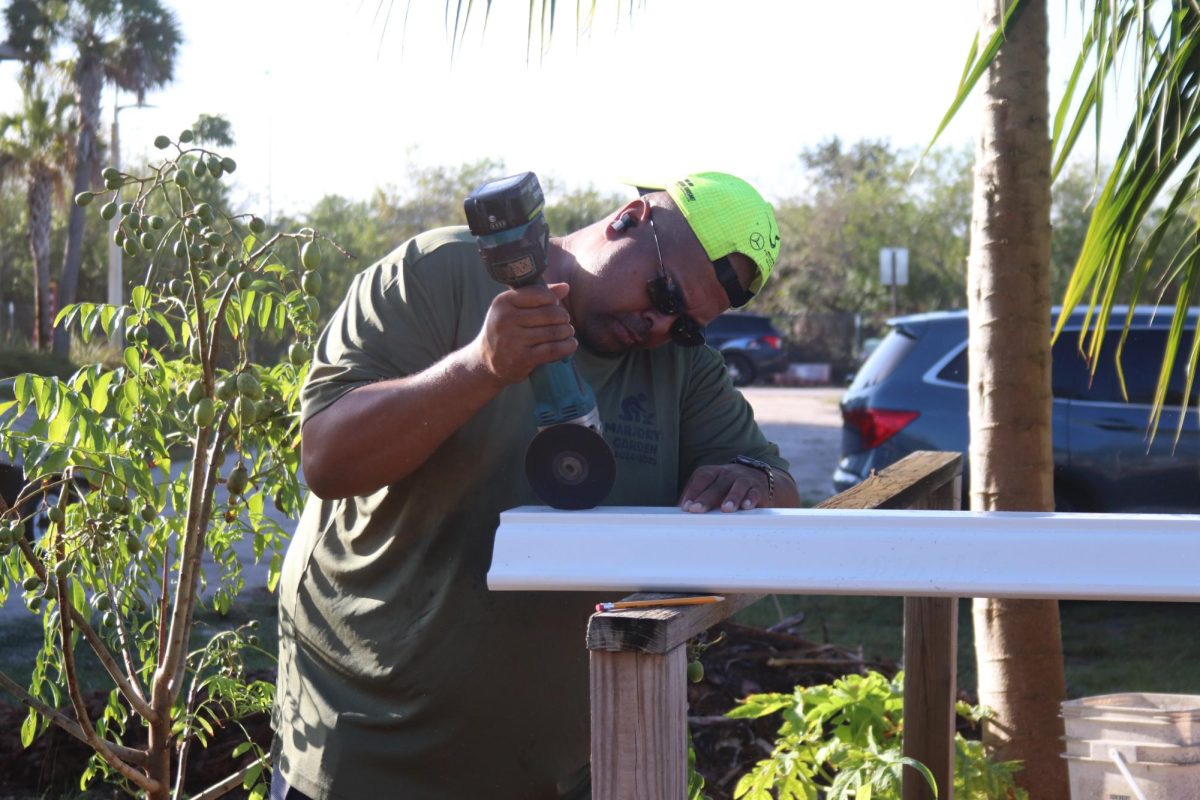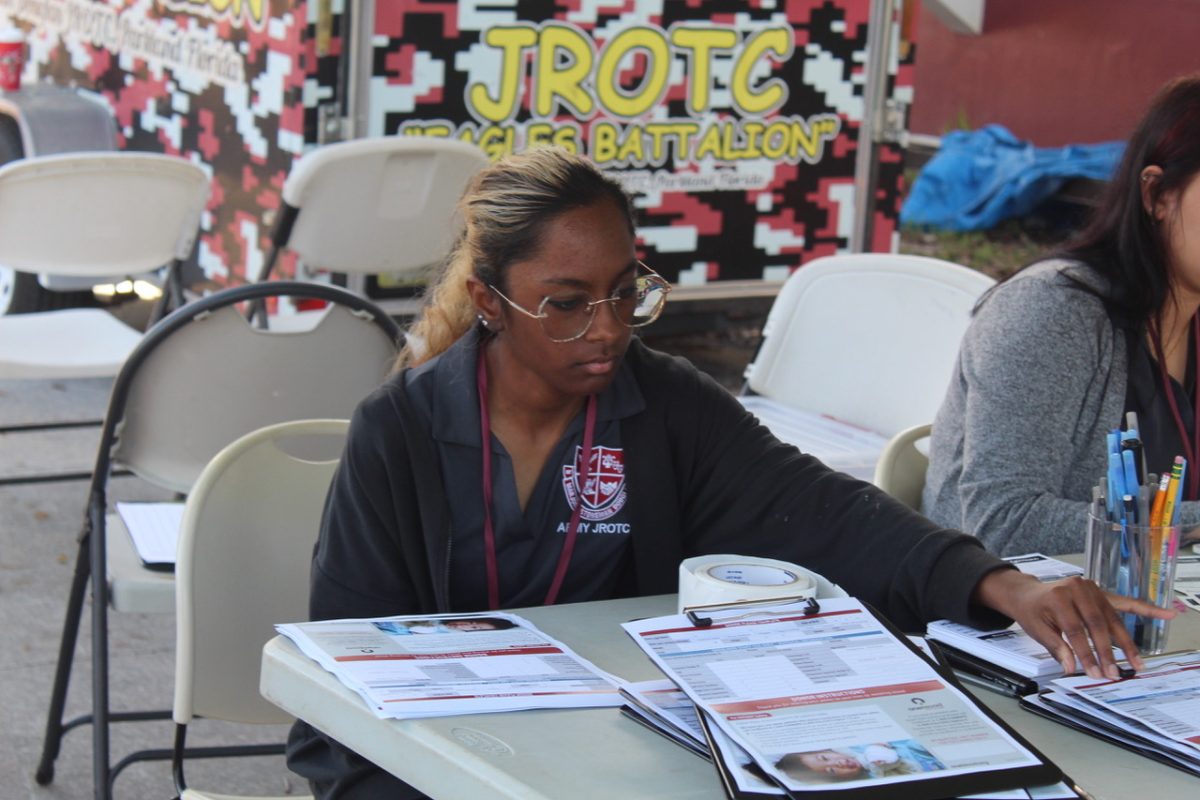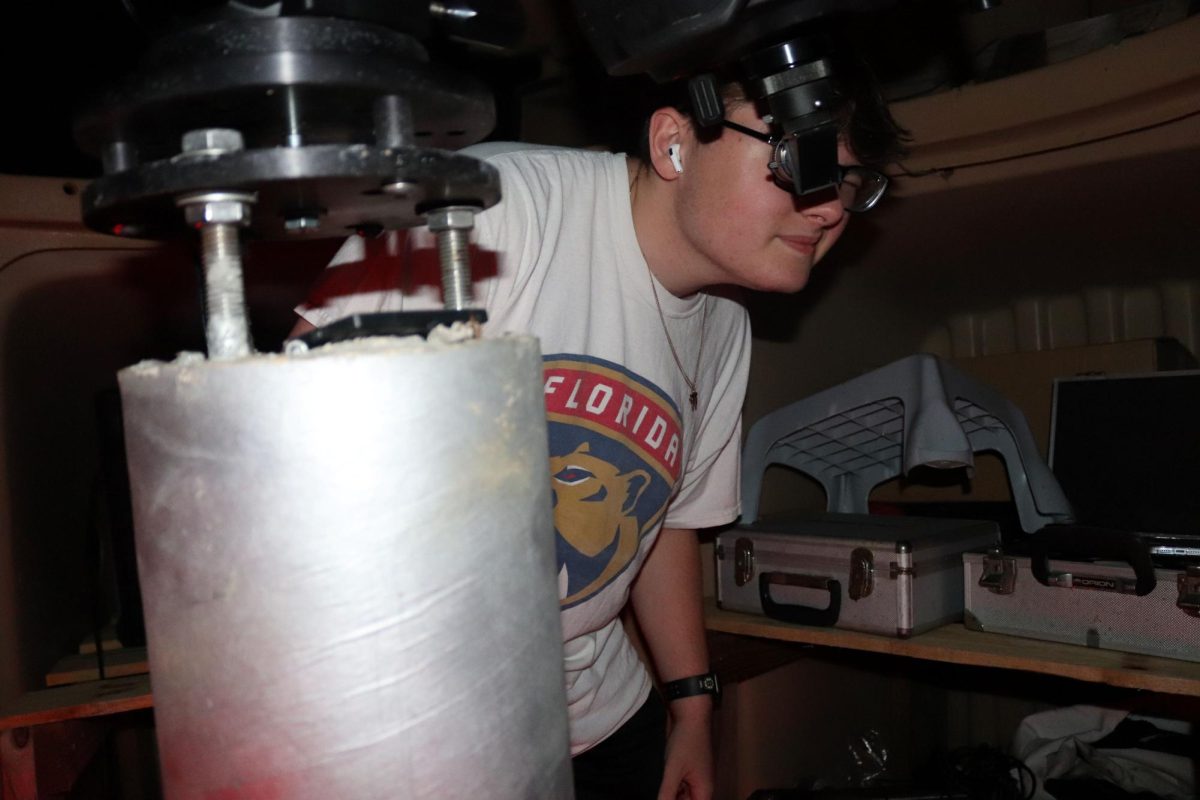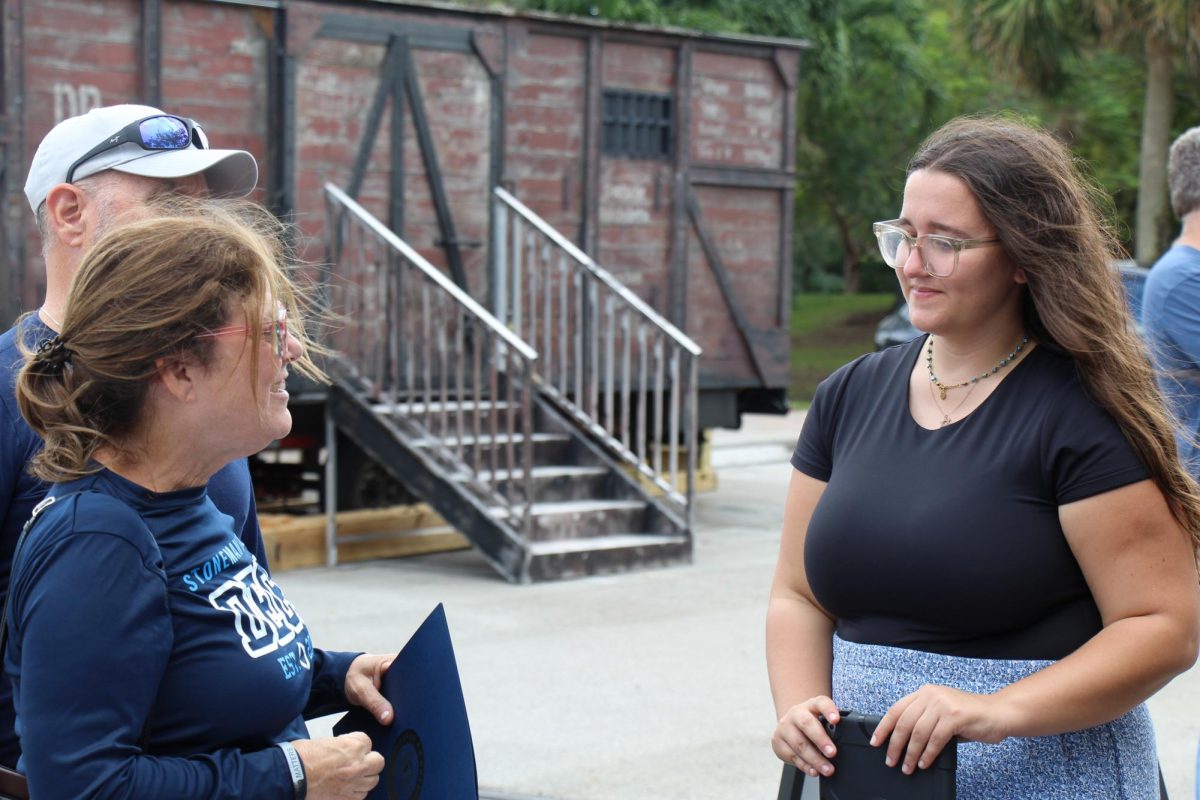
Florida Governor Ron DeSantis recently discussed his concerns regarding the COVID-19 pandemic at a news conference on March 31, explaining that the coronavirus had reached Florida months before the pandemic had spread nationally. He believes this because of the large number of visitors from all over the nation coming to South Florida for Super Bowl LIV. DeSantis revealed that the virus first hit in Miami, Florida and started circulating during the big game on Feb. 2.
“I wish the government could be more reliable, it’s shocking to everyone to know the virus hit this early,” junior Nataly Montenegro said. “If action was taken sooner, maybe our state wouldn’t be one of the states with the highest confirmed cases like it is now.”
The first known person in Florida to be infected with the virus was officially diagnosed on Sunday, March 1, about one month after the popular football game between the Kansas City Chiefs and the San Francisco 49ers. The Super Bowl had more than 62,000 visitors from all over the country packed in the stands for the game.
“Knowing that the virus first hit in February and our governor issued a lockdown two months later makes me upset,” junior Mickella Jean Baptiste said. “If issued earlier, less people would’ve gotten sick and people would have been able to do their normal activities.”
Many Americans were unaware and unconcerned with COVID-19 at the time of the Super Bowl. It was unexpected for COVID-19 to have such a drastic effect on the country as it does now.
This year’s Super Bowl ironically took place at the Hard Rock Stadium in Miami, Florida, which is now being utilized as a drive-thru testing center for the coronavirus.
“The numbers are pretty stark,” DeSantis said in a press conference on March 30. “I think [the coronavirus] was circulating during the Super Bowl. Now, Miami’s rate of cases is a lot higher than statewide.”
As of April 11, The Florida Department of Health confirmed that there are 18,494 total cases, 438 deaths and 2,528 people hospitalized
DeSantis received heavy criticism for refusing to mandate an order prioritizing the state such as a stay-at-home order. During the time of refusal which was up until April 1, the number of cases in the sunshine state had risen to over 16,000 cases with 371 deaths.
However, at the start of April, the governor changed his mind and put the state into lockdown. He decided it was the most necessary option as the numbers were rapidly increasing throughout the state.
“I think our governor should have issued a statewide lockdown much earlier than April 1,” senior Sari Kaufman said. “He was repeatedly hearing from state legislators that he should shut down the state, but didn’t listen after he spoke to President Trump.”
In recent weeks, the number of COVID-19 cases in Florida has been increasing, making Florida the eighth state with the highest number of cases in the country. Out of the states with the most cases, Illinois, Mississippi, California, New York and Florida were the only ones whose governors did not issue a state lockdown immediately.
“We’re going to be in this for another 30 days,” DeSantis said at a press conference on March 30. “At this point, even though there’s a lot of places in Florida that have very low infection rates, it makes sense to make this move now.”
The mandate closed smaller businesses but allows essential businesses such as supermarkets, banks and pharmacies to stay open. Schools are to remain closed until further notice as well and may end up being closed for the rest of the 2019-2020 school year. The governor believes the statewide lockdown is the best decision to slow down the rate of infection and flatten the curve.
Overall, Desantis is aiming to lessen the number of people affected by issuing a lockdown in hopes to stop the spread of COVID-19.

